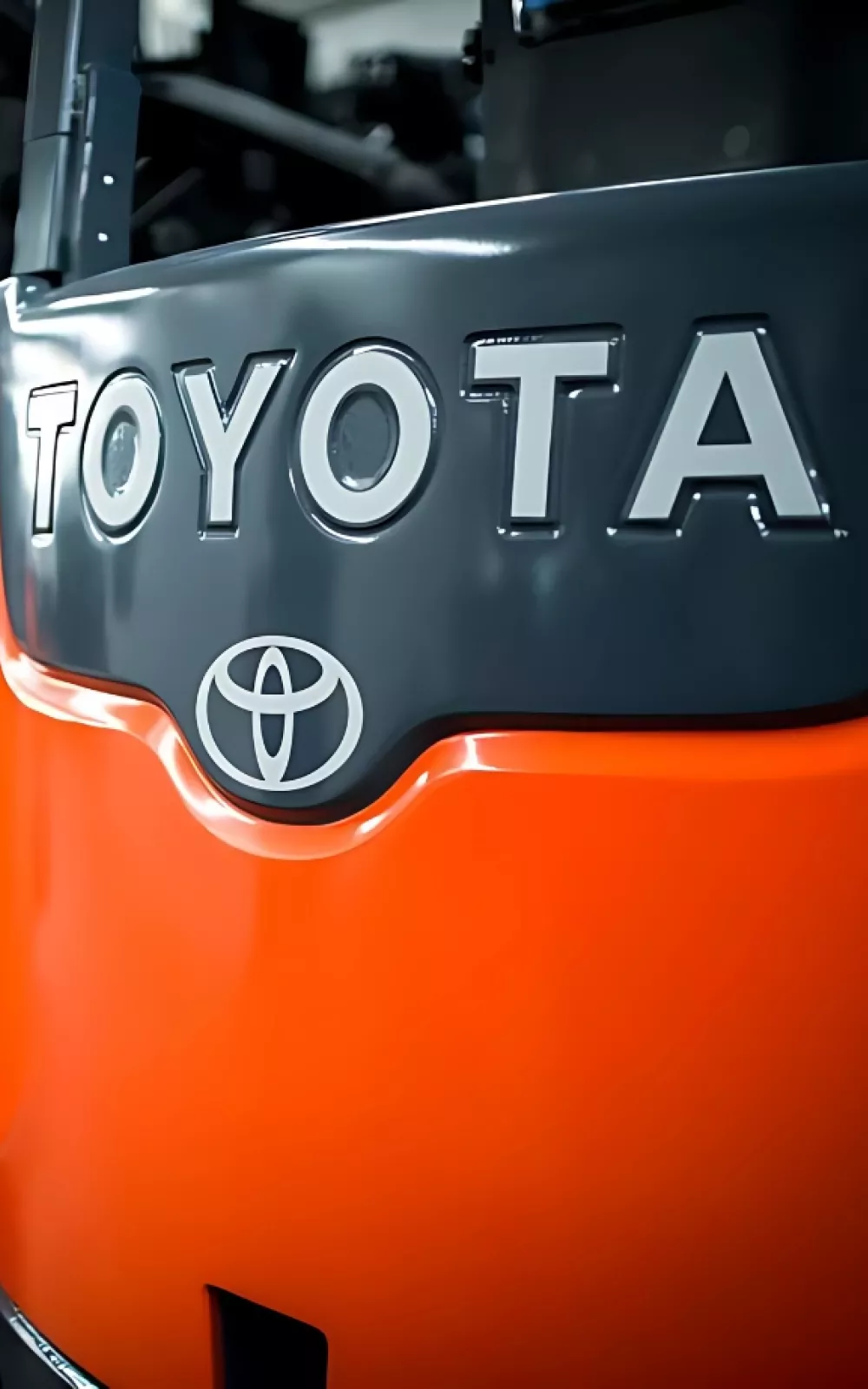Rent
ProLift offers daily, weekly, and monthly rentals. Find the right equipment for maximum productivity and safety.
Let us know how we can assist you! A ProLift specialist will connect with you to help with your material handling needs.
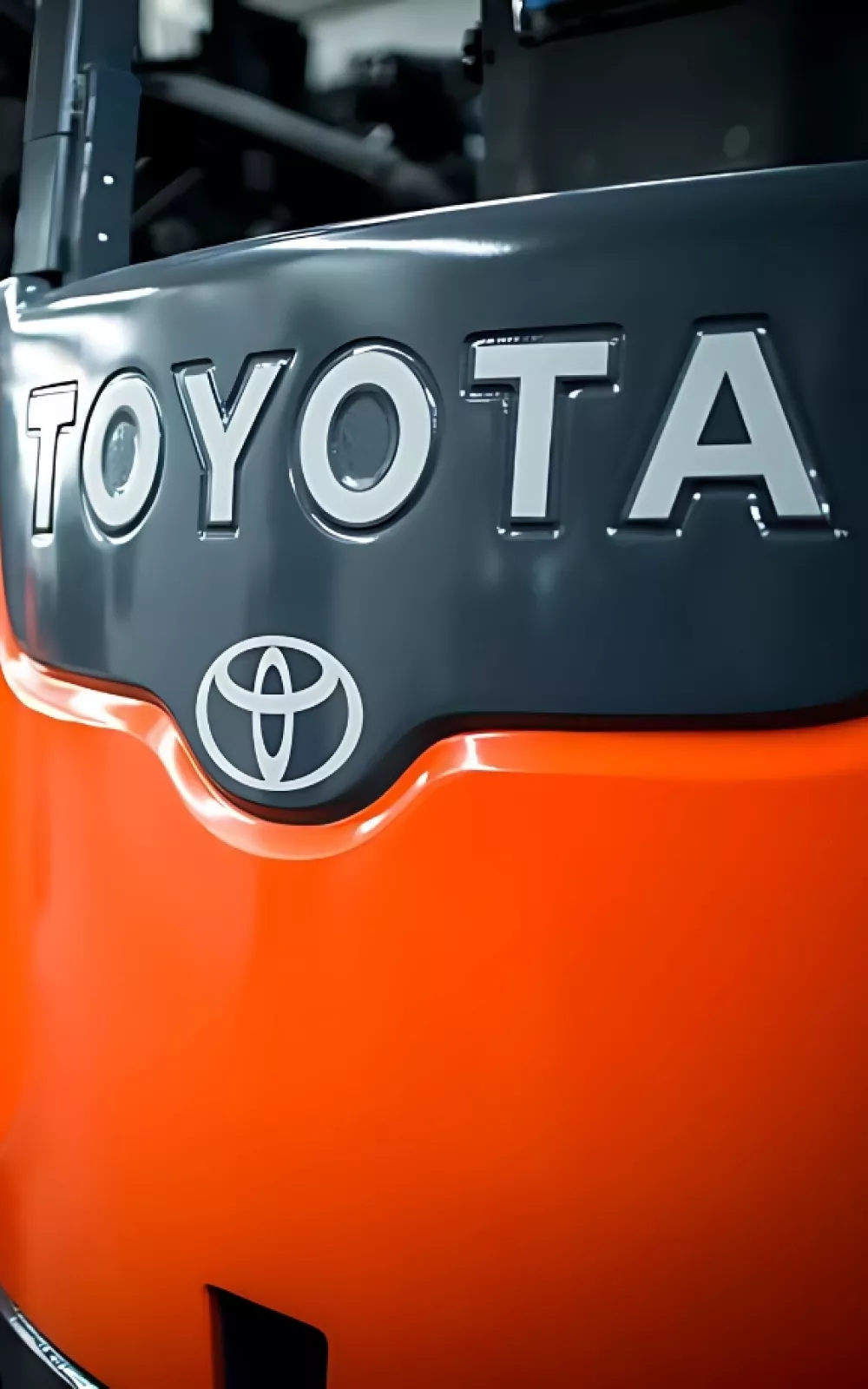
Ensure your forklift's safety and compliance by understanding the critical importance of using approved lithium-ion batteries. Learn how non-approved batteries can affect your equipment's performance, void warranties, and violate industry standards. Stay informed to maintain operational efficiency and adhere to regulatory requirements.
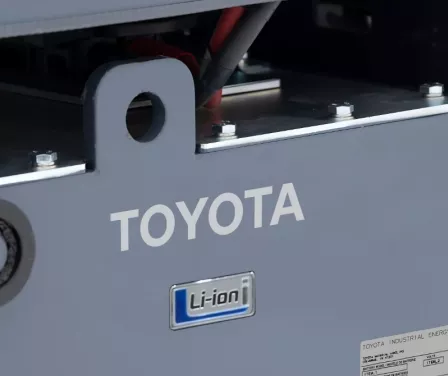
A lithium-ion forklift battery is a rechargeable energy source specifically designed to power electric forklifts using lithium-ion (Li-ion) technology. Unlike traditional lead-acid batteries, lithium-ion batteries offer higher energy efficiency, faster charging times, longer lifespan, and reduced maintenance requirements.
These batteries use lithium-ion cells to store and release energy through a chemical reaction, providing a consistent and reliable power supply. Many lithium-ion forklift batteries are equipped with Battery Management Systems (BMS) to monitor performance, temperature, and safety, ensuring optimal operation.
Lithium-ion forklift batteries are increasingly popular in warehouse, distribution, and manufacturing environments due to their quick charging capabilities, longer runtime, and environmental benefits compared to conventional battery options.
Using a non-approved lithium-ion battery (LIB) in a forklift can lead to serious safety risks, regulatory violations, and potential performance issues. Compliance with industry standards is essential to ensuring workplace safety and maintaining equipment reliability.
According to OSHA Standard 1910.178(a)(2), all powered industrial trucks must meet the design and construction requirements outlined in the American National Standard for Powered Industrial Trucks, Part II, ANSI B56.1. This means any modifications, including battery replacements, must align with these safety standards.
Additionally, OSHA Standard 1910.178(a)(4) states that modifications affecting a forklift’s capacity and safe operation cannot be made without the manufacturer’s prior written approval. If a non-approved LIB is installed, it could alter the forklift’s weight distribution, stability, and power efficiency, creating unsafe working conditions. Furthermore, failure to update the capacity and operation labels could lead to improper use, increasing the risk of accidents.
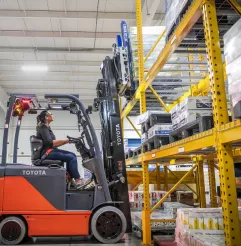
Start your search for available equipment and product lines with ProLift’s equipment finder. It helps you quickly identify the best solutions that match your criteria.
Many customers assume that having a UL-approved battery is sufficient for safe and compliant forklift operation, but this is not the case. To ensure full compatibility and maintain safety standards, a lithium-ion battery must meet additional UL listing and testing requirements.
For a battery to be considered for use in a forklift, it must first be UL listed under UL2580, which certifies its safety and performance for motive power applications. However, this is just the first step. The battery must then undergo compatibility testing to ensure it integrates safely with the forklift’s electrical and mechanical systems. Once this testing is successfully completed, the battery can be added to the forklift’s official UL file, UL583.
If a battery is not listed in the truck’s UL file, it is not approved for use - even if it carries a UL certification. Installing a non-approved lithium-ion battery in any Toyota-manufactured forklift automatically voids the truck’s UL Listing, which can lead to compliance violations, safety hazards, and liability risks.
In the event you are unhappy with the equipment you purchased from ProLift after one year’s use, we will simply buy it back for the original purchase price less two thirds of our normal rental rate.
Using an unapproved lithium-ion battery in your Toyota forklift will void your equipment’s warranty. According to the warranty exclusions and limitations, coverage is not maintained if replacement parts or accessories that do not meet Toyota’s specifications are used and negatively impact the forklift’s performance or durability. Additionally, any alterations or modifications that are not recommended or approved in writing by Toyota will also result in the loss of warranty protection.
Ensure safe operation and continued equipment warranty coverage. Contact ProLift to speak with a sales consultant regarding Lithium-ion batteries compatible with Toyota Forklifts.
From equipment and maintenance to replacement parts and safety training, ProLift offers you 360 support. We can also assist you with pallet racking and additional warehouse solutions. Let us know how we can help!
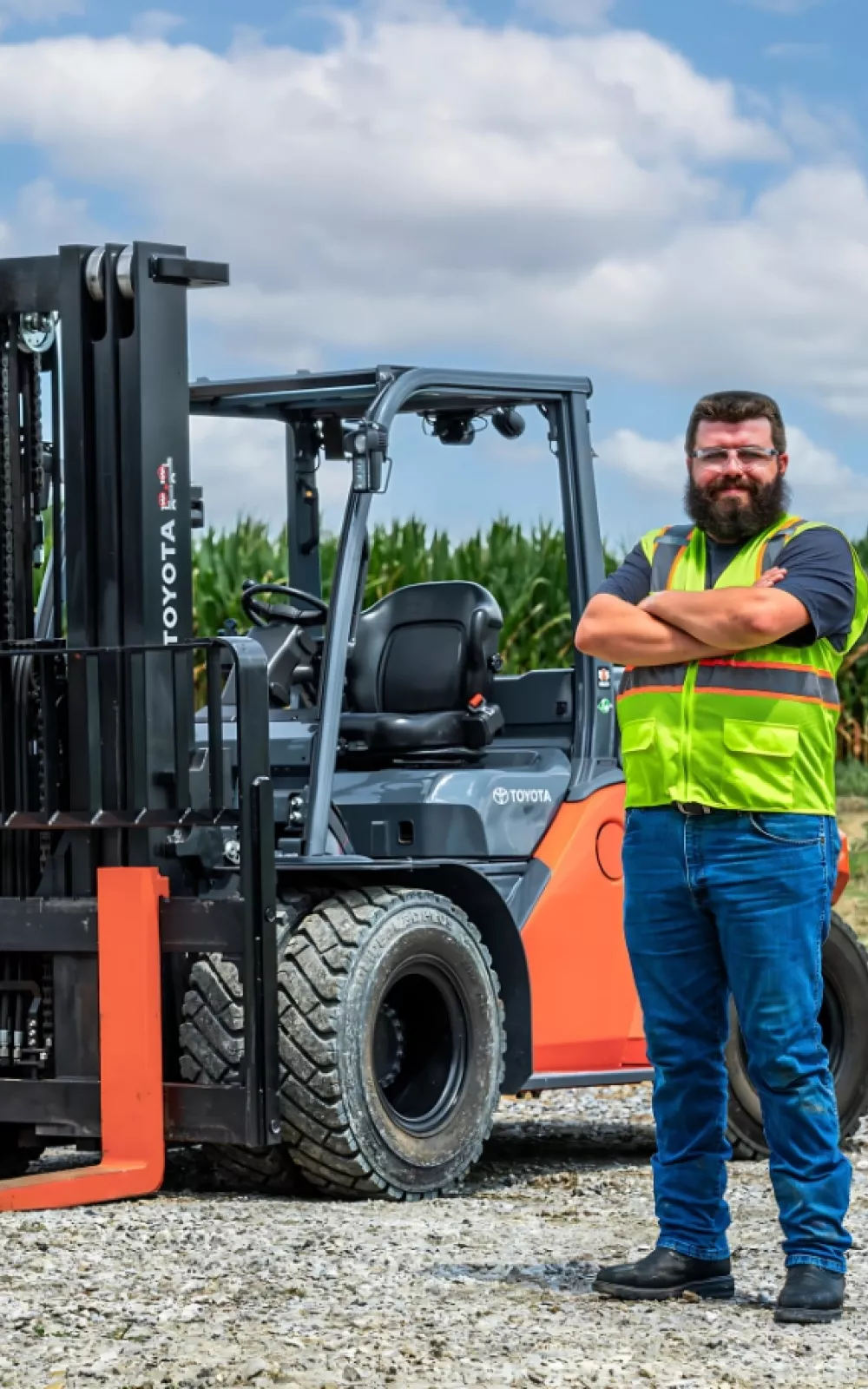
ProLift is a full-service dealer specializing in forklifts and material handling solutions. Tell us how we can help you achieve results at your facility.
ProLift is a full-service dealer specializing in forklifts and material handling solutions. Let us know how we can assist you, and a specialist will be in touch to help.
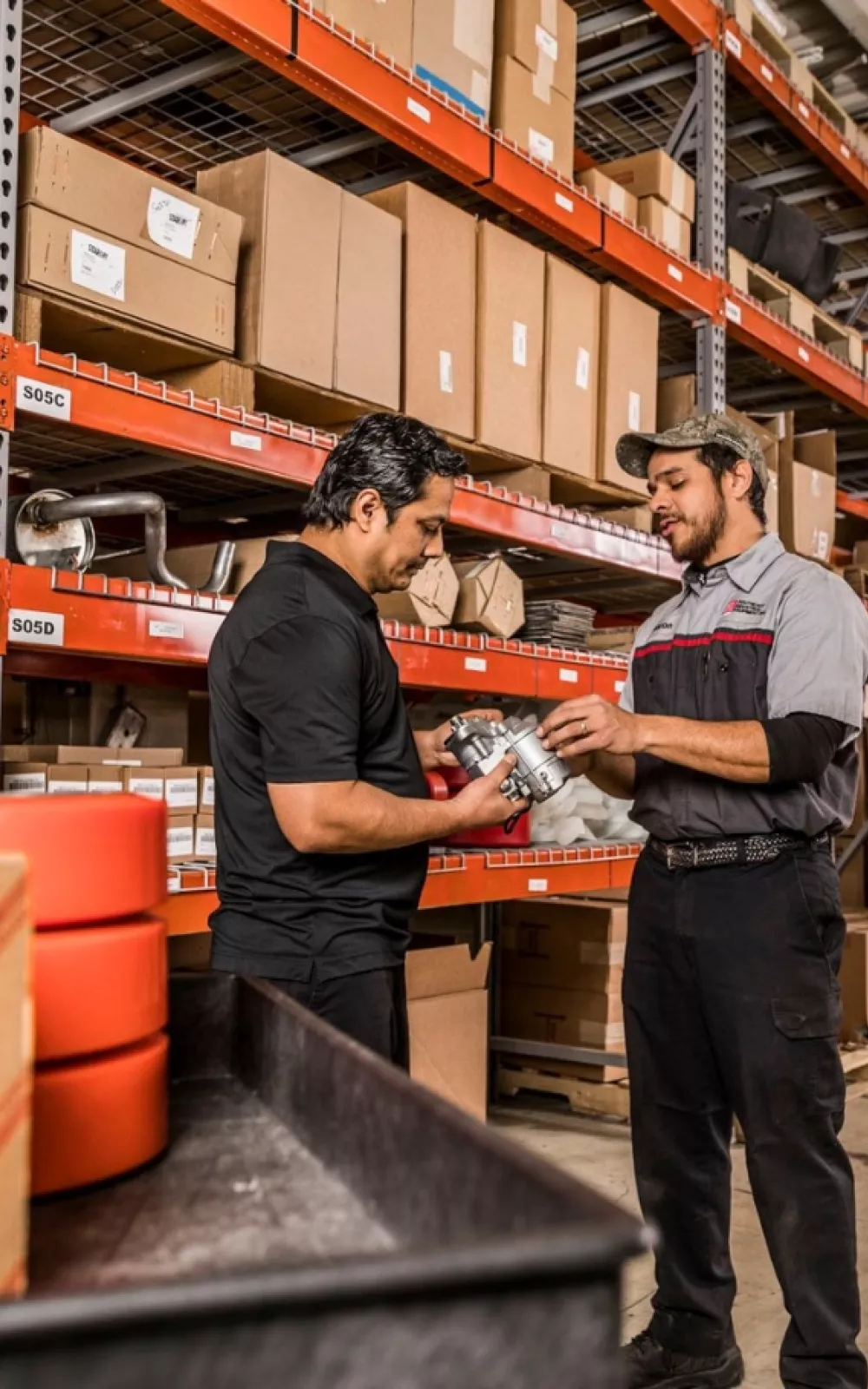
Let us know how we can assist you! A ProLift specialist will connect with you to help with your material handling needs.
